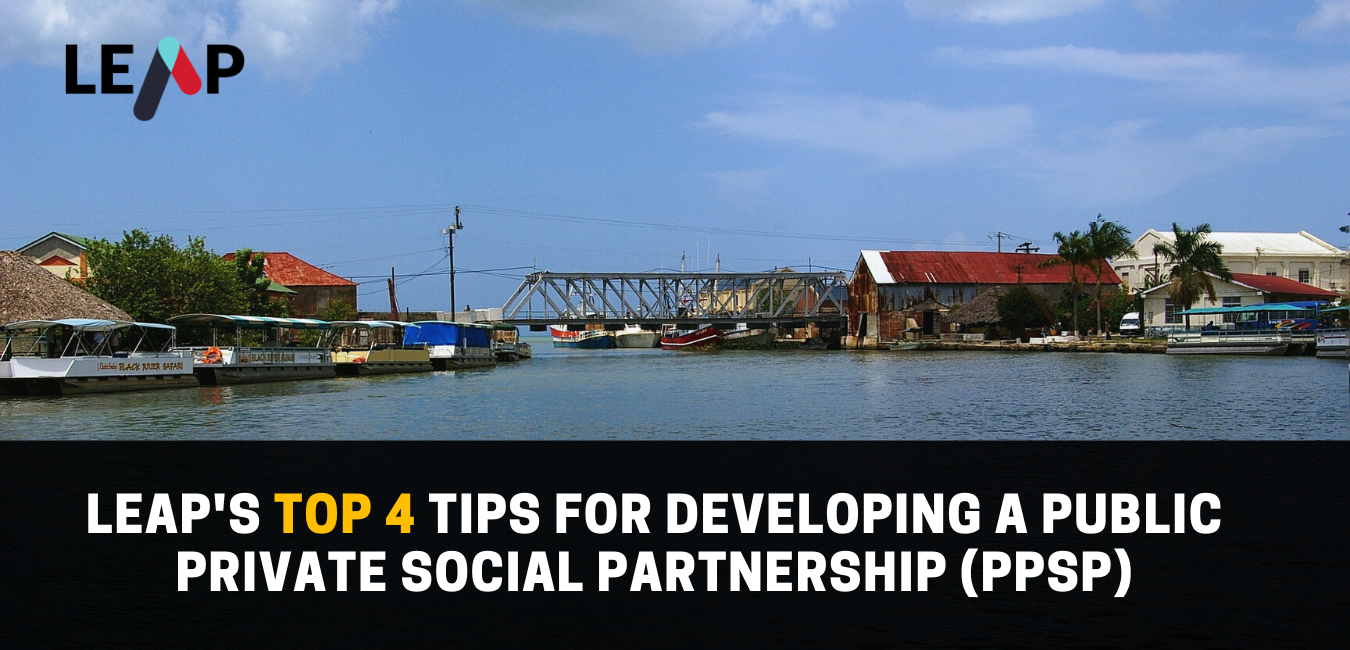A Public Private Social Partnership (PPSP) refers to collaboration between private sector, public sector and civil society, for the manifestation of a social or national goal. Traditionally, Public Private Partnerships (PPP) were formulated for high-cost, high visibility projects that build and capitalise on national development. However, the PPSP model was later developed out of a desire to target social infrastructure and generate sustainable projects that benefit society in a more direct way. We typically associate social interventions with non-profit organisations, however, a healthy collaboration with the government and private sector has the ability to increase an intervention’s reach and scale. The PPSP model seeks to make a more active contribution to community development and national growth. Maybe YOU are keen to expand the services of community clinics, modernize a fishing village, restore the coral reef, or provide aid for at risk communities, how do you see your social project working in tandem with the public and private sector?
Here are Four Tips for Creating a Successful PPSP:
One - Have a clear goal backed by agile leadership - Any PPSP model must be built with a cohesive team and partners with clear distinct goals and a transparent decision making process. The initial idea must be targeted and achievable and backed by organisations with a strong mandate for social impact. We are moving away from the “hand-out” system which only offers short-term relief rather than solutions that are sustainable.
Two - Ensure the model is rooted in evidence-based methodology and a robust data collection process. This seeks to ensure the work is objective whilst allowing the project to be mapped and scaled. You should always be driven by numbers and data, not by anecdotes and perceptions.
Three - There must be an overall willingness to work for the common good and as such share the expertise across sectors. Individual mandates and goals must align under a shared vision which facilitates healthy collaboration, operational efficiency, mobilisation of resources and greater reach.
Four - Transparency is key! Ensure open reporting is at the heart of this model and that all stakeholders are aware of how funds are being spent. An accountable reporting system is one that is honest and consistent and builds trust.
As we look to future developments in Jamaica, let us recognize the need for stronger multi-sectoral partnerships that are more robust, transparent and rooted in evidence-based methodology. As Jamaica moves forward, we need to ensure social interventions are measurable, sustainable, and scalable and that social investments provide the desired impact over the long term.


